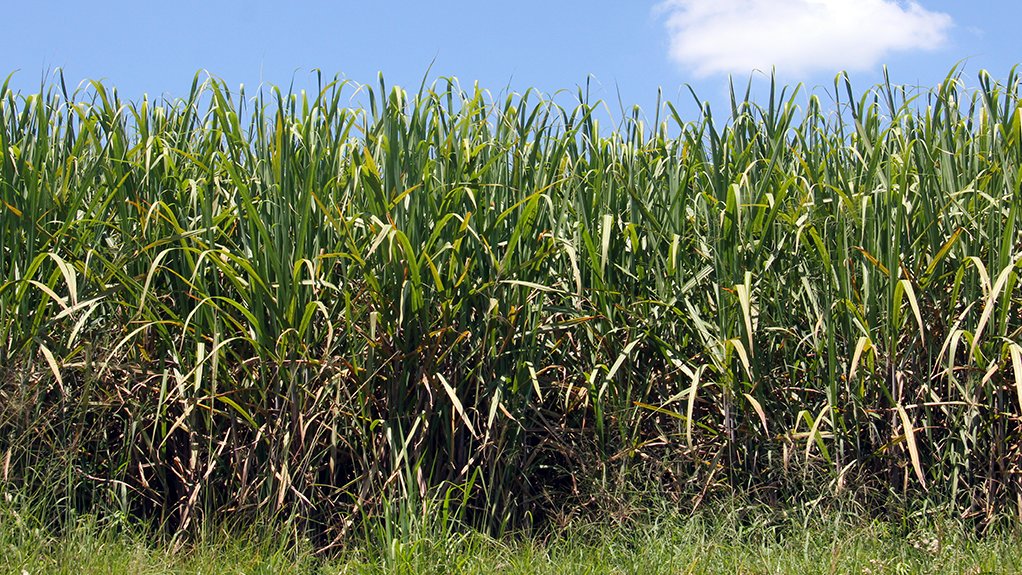To address the ongoing negative impacts and challenges posed by the Health Promotion Levy (HPL), or sugar tax, industry association SA Canegrowers, in partnership with the South African Sugar Association (SASA), is providing R1-billion to support sugar industry players while the industry awaits government’s decision on Phase 2 of the Sugarcane Value Chain Master Plan.
SA Canegrowers has also created a pledge to encourage consumers to buy locally produced sugar by establishing a campaign called ‘Home Sweet Home’. The aim of the campaign is also to create awareness among consumers about the local sugar industry.
“Working with industry partners under SASA, we are concluding the roll-out of R1-billion in transformation funding to support black, small-scale and land reform growers,” says SA Canegrowers chairperson Andrew Russell.
“We have also partnered with other stakeholders, including Shoprite and Proudly South African, in the execution of our ‘Home Sweet Home’ campaign. We are in the third phase of this campaign, and we encourage everyone to sign up for the ‘Home Sweet Home’ pledge.”
Russell indicates that there is ongoing uncertainty about the sustainability of the sugar industry and its stakeholders, as an increase in the HPL may cause “devastating effects” and could lead to the demise of the sugar industry. This would, in turn, greatly diminish or deplete the livelihoods of growers, millers and workers.
Therefore, he suggests that simply refraining from imposing an increase in the HPL and/or implementing Phase 2 of the Sugarcane Value Chain Master Plan will go a long way towards enhancing the overall longevity of the local sugar industry, which is also being affected by global phenomena.
“Global factors such as the pandemic and Russia-Ukraine war have resulted in a surge in the cost of fuel and fertiliser, with wage increases and water tariff hikes being instituted as well. This has all been compounded by the ongoing loadshedding crisis.”
He contends that, consequently, it is all the more essential that government does not impose an HPL increase, particularly as there is no evidence that the HPL and the resultant reduction in demand for locally produced sugar have “in fact, achieved the stated goal of reducing obesity”.
The implementation of Phase 2 is an important initiative to assist the industry players by equipping them with capital and time, the “quintessential factors for diversification”, which is a focus of the masterplan.
Russell adds that it is important to enhance the mission objectives of the Sugarcane Value Chain Master Plan as it transitions into Phase 2. This will encourage further discussion on how the local sugar industry can be protected from cheap sugar imports, how to diversify sugar cane product categories in addition to sugar production, and how it can establish a foothold in export markets for biofuels.
“Notwithstanding the successes, there remain critical challenges that threaten the future of the industry. The work done under Phase 1 is incomplete. To revitalise the industry, we must still address the HPL, the ongoing milling crisis and the need for better trade protection within the Southern African Customs Union,” he concludes.
Edited by: Nadine James
Features Deputy Editor
EMAIL THIS ARTICLE SAVE THIS ARTICLE
ARTICLE ENQUIRY
To subscribe email subscriptions@creamermedia.co.za or click here
To advertise email advertising@creamermedia.co.za or click here













